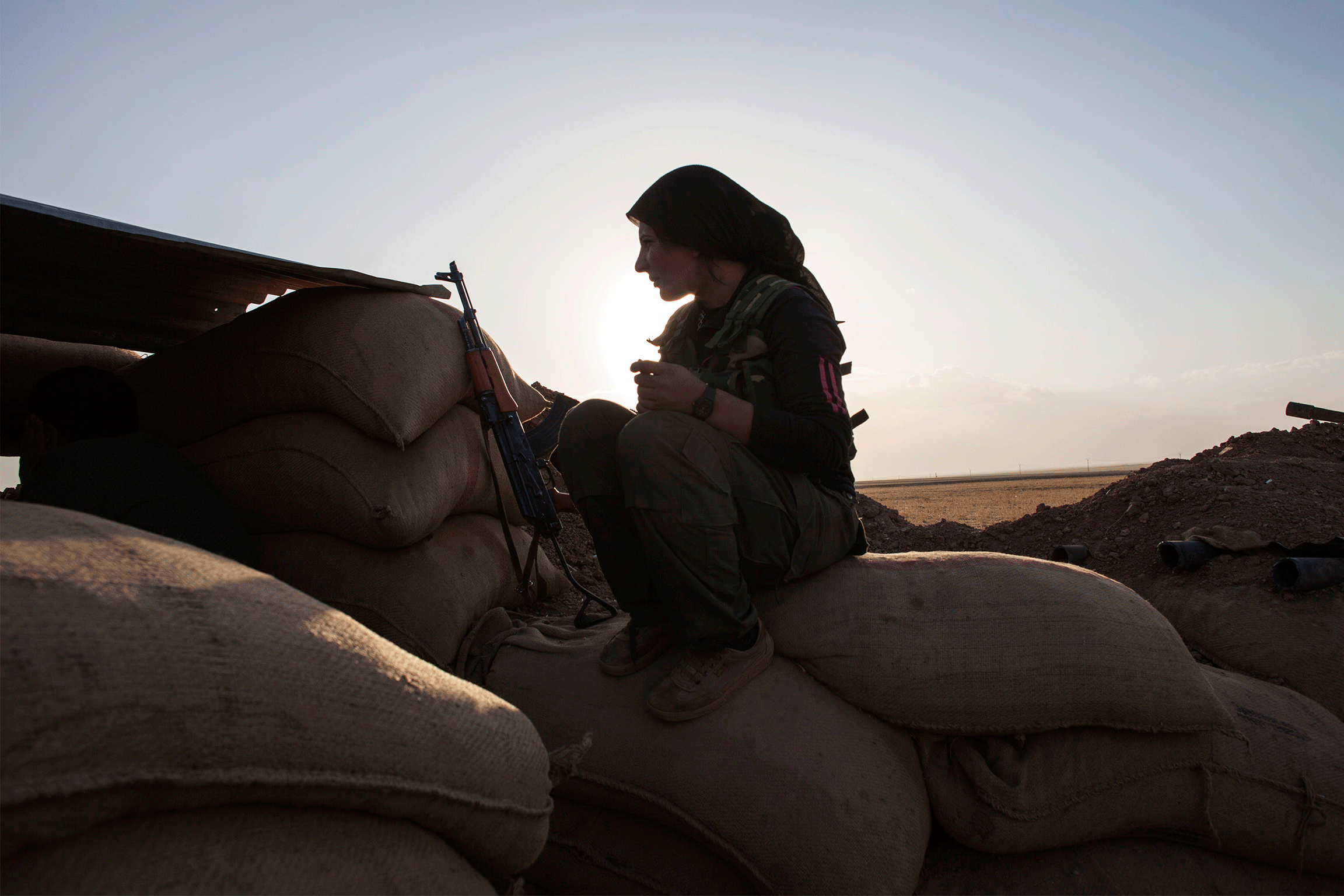Sexual assault on the front line
Female journalists carry rape kits and morning-after pills

Your support helps us to tell the story
From reproductive rights to climate change to Big Tech, The Independent is on the ground when the story is developing. Whether it's investigating the financials of Elon Musk's pro-Trump PAC or producing our latest documentary, 'The A Word', which shines a light on the American women fighting for reproductive rights, we know how important it is to parse out the facts from the messaging.
At such a critical moment in US history, we need reporters on the ground. Your donation allows us to keep sending journalists to speak to both sides of the story.
The Independent is trusted by Americans across the entire political spectrum. And unlike many other quality news outlets, we choose not to lock Americans out of our reporting and analysis with paywalls. We believe quality journalism should be available to everyone, paid for by those who can afford it.
Your support makes all the difference.Female journalists reporting in hostile environments around the world see sexual assault as a major concern.
According to a recent study by the International Women’s Media Foundation (IWMF), 20 per cent of female journalists surveyed had experienced gender-based violence while on an assignment.
“We were pretty horrified by that number,” said Elisa Lees Munoz, executive director of IWMF, at a recent talk at the Frontline Club in London. “But we were also pretty distressed by the fact that the majority of the perpetrators weren’t strangers…but colleagues, supervisors, fixers or translators.”
“These risks can be difficult to mitigate against”, said Caroline Neil, director of hostile environment training providers RPS Partnership. “The risks that female media workers face are really intangible. It is an interpersonal relationship between you and your interpreter, fixer or male colleague, who might have misconstrued the situation.”
This problem is largely ignored, in what Lees Munoz calls, “a culture of silence”. According to Nadine Marroushi, a journalist and Middle East specialist, “the power structure among journalists means it is really hard to call out journalists [on sexual assault] who are established and seen to be more powerful”.
As a result, incidents are rarely reported. “What happens in the field stays in the field,” says Alison Baskerville, a documentary photographer. “Either people are ashamed and worried about losing their job, or they feel that was the way in the war-zone.”
Journalists and media organisations are now seeking to address this victim-blaming attitude. “It’s one word: consent”, Baskerville says. “It’s not about what you’re wearing, or if you were asking for it…you have to learn to speak up for yourself, but you also have to learn when to speak out.”
Baskerville even suggests female journalists should carry rape kits, morning-after pills and pregnancy tests. “There’s something on the training now where you can wear all-in-one swimsuits [under work clothes]…it won’t stop it, but it’ll help buy time.”
The trauma that surrounds sexual assault can often be mental as well as physical. Marroushi, who has worked for almost a decade in the Middle East and Africa, suffered post-traumatic stress disorder (PTSD) after being assaulted by a crowd while reporting in Egypt’s Tahrir Square.
PTSD is a concern for many journalists in hostile environments, regardless of gender, and one that Marroushi believes the industry desperately needs to address. Some journalists receive PTSD counselling through their employers, but the situation is much worse for freelancers, especially those based in the country they are reporting from. “I always felt very conscious that if things got too much I could leave”, said Marroushi, “but local journalists don’t have that privilege”.
Campaigners want international guidelines to be developed, in order to address the problem of sexual violence and improve the mental wellbeing of journalists reporting from the front line.
The IWMF is lobbying to introduce a no-tolerance policy on gender violence perpetrated by media employees, and Lees Munoz has called for an international database of trusted fixers and translators, along with better provision for local journalists who have been sexually assaulted.
The Frontline Club work with journalists reporting from hostile environments. To see their recent talk on the role of gender in conflict reporting click here: http://www.frontlineclub.com/news-reporting-is-gender-a-factor/
Join our commenting forum
Join thought-provoking conversations, follow other Independent readers and see their replies
Comments